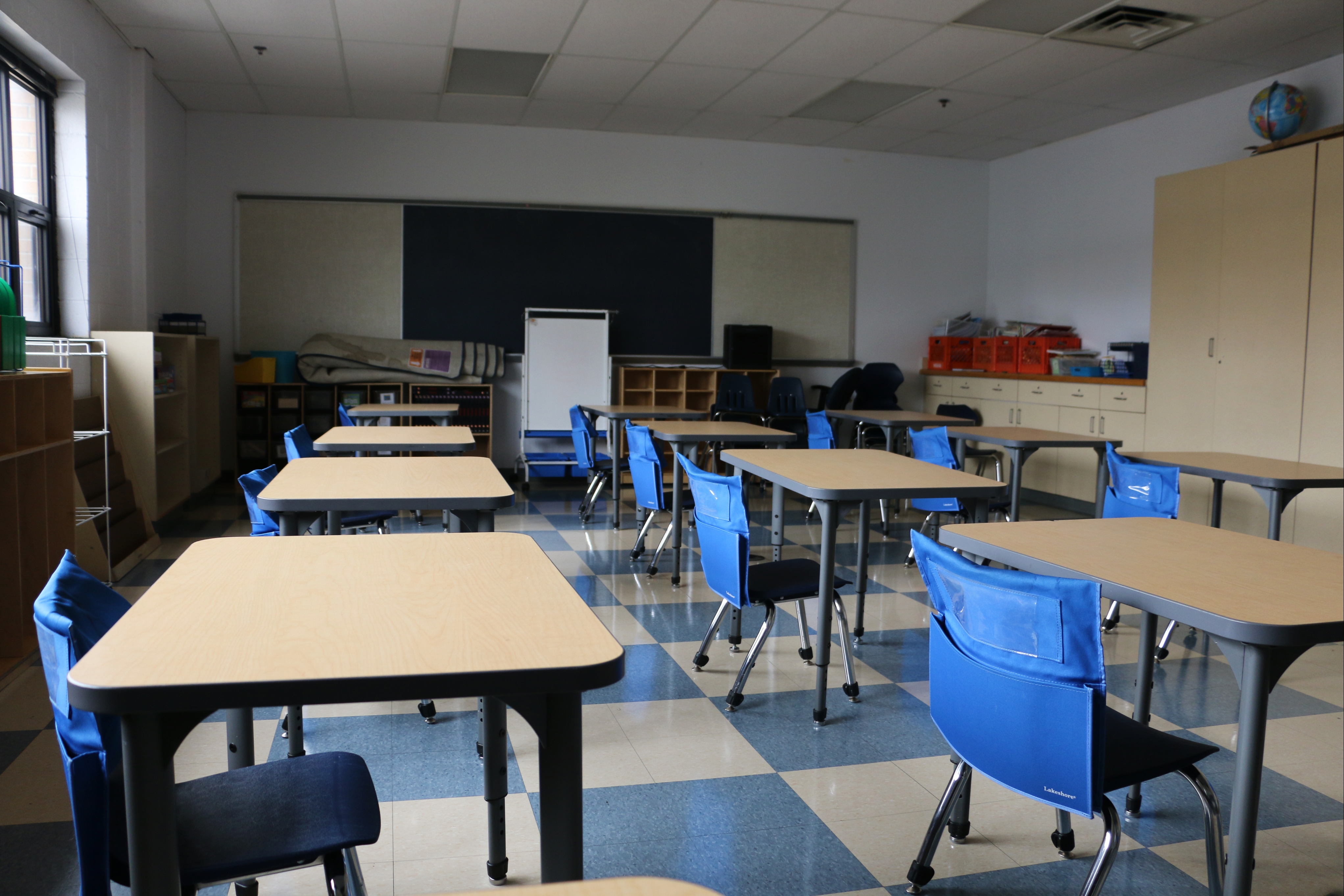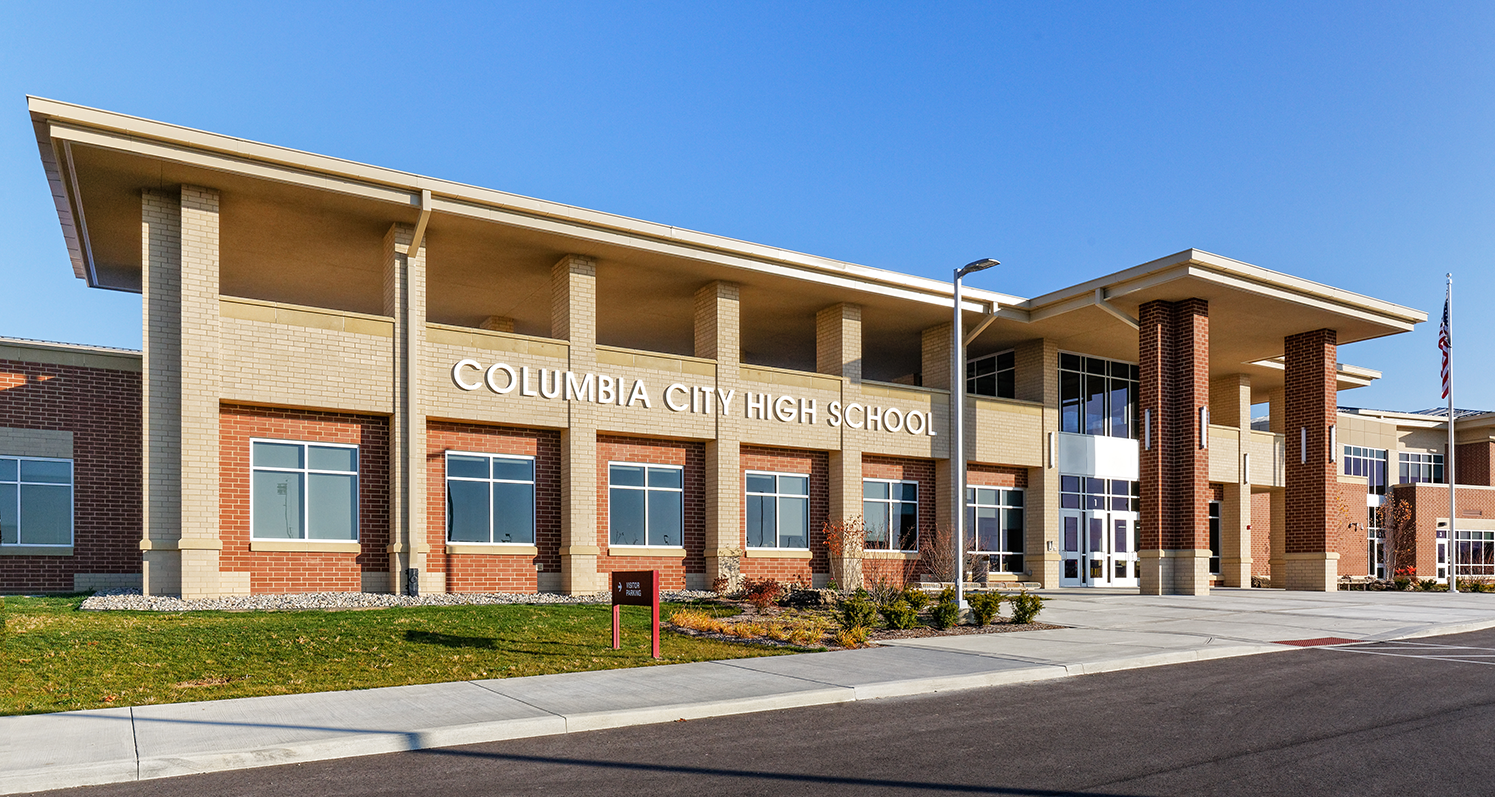The Function of Parents and Teachers in the Initiative to Save Temecula Schools
Essential Standards to Take Into Consideration When Evaluating Prospective Institutions for Enrollment
When considering colleges for registration, examining vital requirements becomes extremely important to ensuring a helpful knowing atmosphere. The college's society need to promote regard and inclusivity to cultivate an encouraging neighborhood.
Academic Programs
When examining potential colleges for enrollment, thinking about the breadth and depth of their academic programs is critical. Top notch academic programs not just figure out the instructional worth a student will get but also affect future chances and occupation courses. Potential trainees and their households should look at the educational program to ensure it aligns with the pupil's academic interests and career desires.
Accreditation is an important factor, as it signifies that the establishment fulfills well-known criteria of top quality. Additionally, the diversity obviously offerings, consisting of sophisticated positioning (AP) or Global Bachelor's Degree (IB) programs, can dramatically enhance a student's learning experience. Institutions with durable academic tracks in STEM, humanities, and the arts suggest a dedication to thorough education and learning.
Faculty credentials and student-to-teacher ratios are also crucial indicators of scholastic quality (Save Temecula Schools). Highly credentialed instructors and smaller course dimensions frequently cause more tailored focus and a better educational experience. Additionally, the schedule of scholastic sources such as libraries, labs, and modern technology centers can better improve the understanding setting.
Reviewing these aspects makes certain that the picked institution supplies a rigorous and encouraging scholastic framework, vital for cultivating intellectual development and preparing pupils for future success.
After-school Activities
Beyond the scholastic realm, after-school activities play a significant function in forming a well-shaped instructional experience. These activities supply students with chances to create skills that prolong past the class, such as time, teamwork, and management management. When assessing potential schools for registration, it is vital to consider the range and quality of extracurricular programs offered.
A diverse variety of activities, consisting of sports, arts, music, discussion clubs, and area solution efforts, can cater to different interests and talents. Institutions that support a broad spectrum of extracurriculars show a dedication to fostering holistic advancement. Additionally, involvement in these activities can improve university applications and returns to, showcasing a pupil's capacity to stabilize numerous duties.
Furthermore, take into consideration the degree of pupil interaction and the institution's support of participation. Schools that actively advertise extracurricular participation frequently develop a lively, comprehensive community.
Course Dimensions
One of the crucial variables to consider when evaluating potential colleges for enrollment is course dimension. Class size dramatically influences the top quality of education and learning that a student gets. Smaller class sizes commonly permit even more individualized attention from instructors, which can bring about improved academic results. Teachers are much better able to determine and deal with the unique demands of each pupil, cultivating a much more individualized understanding experience. Furthermore, in smaller sized classes, pupils are most likely to join discussions and involve with the material, improving their general comprehension and essential thinking skills.
Additionally, smaller course sizes can add to a more natural classroom setting. With fewer pupils, there is a higher opportunity for constructing strong connections in between instructors and peers, which can improve the discovering atmosphere and promote a feeling of community. This additionally enables for more reliable classroom administration, as instructors can commit more time to keeping a favorable and efficient atmosphere.

College Society
Recognizing the significance of institution society is crucial when examining possible colleges for enrollment. College culture encompasses the values, beliefs, and behaviors that form the social and finding out atmosphere. A supportive and comprehensive culture cultivates trainee interaction, academic success, and personal development. Examining a school's culture includes observing interactions among pupils, teachers, and staff, as well as understanding the college's objective, worths, and assumptions.
Potential parents and pupils need to seek schools that focus on respect, collaboration, and a positive principles. Look for indications such as solid student-teacher connections, energetic involvement in school activities, and a sense of neighborhood. A healthy institution society usually promotes diversity and addition, ensuring that trainees from diverse histories really feel welcomed and valued.
Furthermore, a favorable school culture urges open interaction and offers students with a risk-free atmosphere to reveal themselves. When checking out a school, involve with existing trainees and personnel to evaluate their contentment and feeling of belonging.
Facilities and Resources
When reviewing prospective institutions for registration, the quality and accessibility of centers and sources play a crucial duty in shaping the educational experience. A college furnished with view contemporary amenities best site can substantially enhance finding out outcomes. Class need to be properly designed, promoting an atmosphere conducive to both focus and creativity. Laboratories, whether for scientific research, technology, or languages, must be properly maintained and updated to provide hands-on understanding possibilities.
Libraries are one more foundation of academic excellence (Save Temecula Schools). A well-stocked collection with a diverse variety of books, journals, and digital sources can sustain trainees' study needs and cultivate a society of reading and query.
Technology is important in today's academic landscape. Schools ought to supply reliable web access, computer system labs, and smart classrooms to help with digital discovering. Furthermore, specialized resources such as art workshops, songs rooms, and theater rooms can nurture innovative abilities.
Inevitably, the breadth and quality of an institution's centers and sources can considerably influence a student's overall development. Therefore, moms and dads need to thoroughly assess these aspects to make sure an all-around and improving instructional experience.
Final Thought
In summary, reviewing potential colleges for enrollment necessitates a detailed analysis of numerous essential aspects. Additionally, an institution society that emphasizes regard and inclusivity is crucial to developing a helpful and reliable understanding setting.

A healthy and balanced college society typically advertises diversity and inclusion, making certain that students from different histories feel welcomed and valued.
Furthermore, a favorable institution society motivates open interaction and provides trainees with a risk-free atmosphere to the original source share themselves.